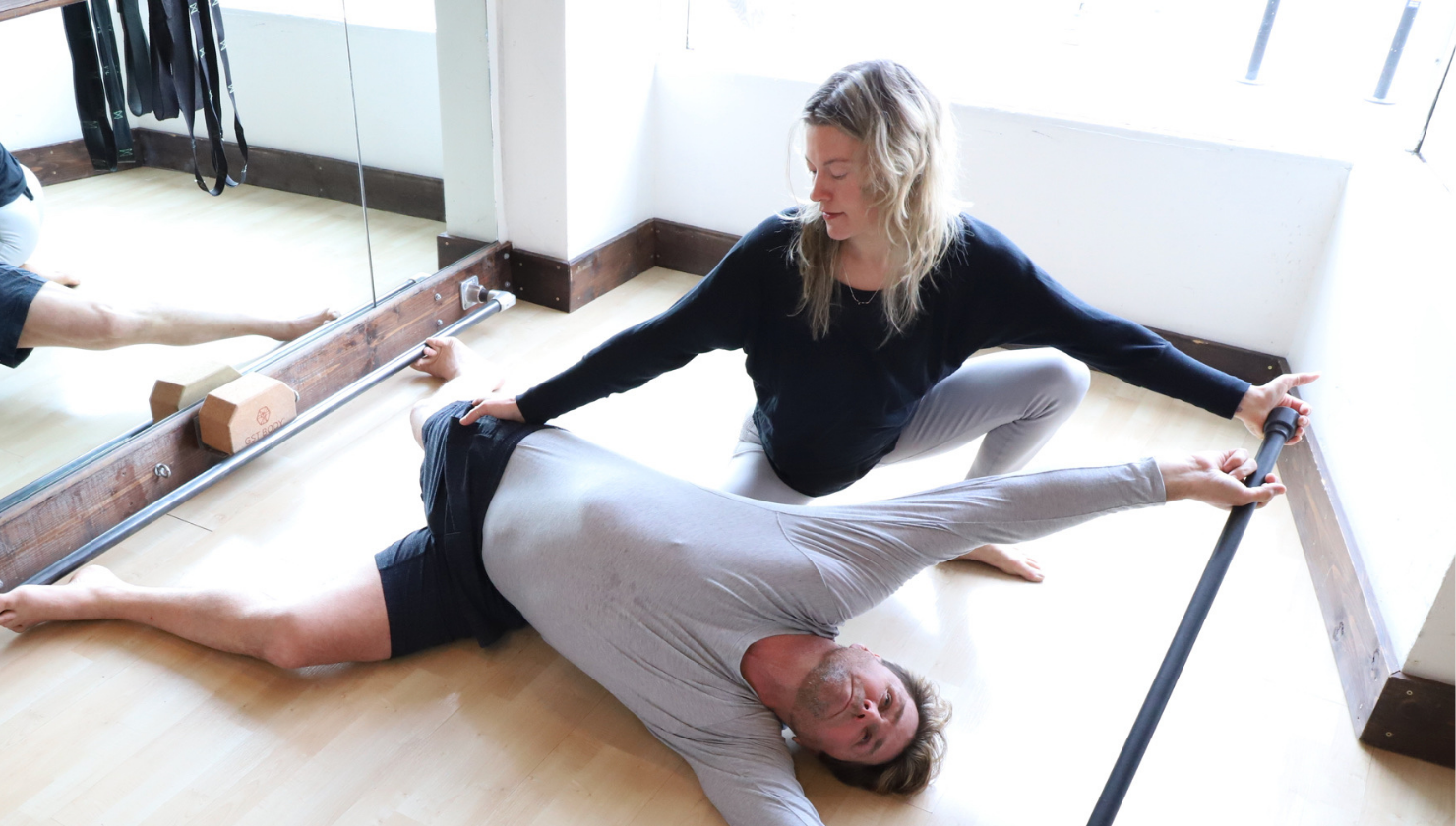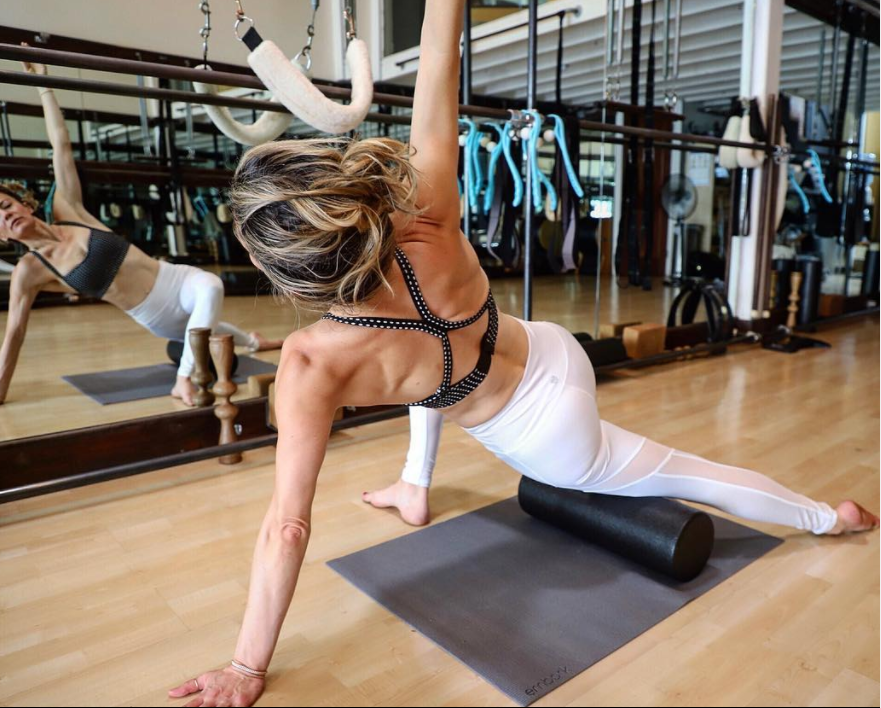3 Ways That Fascia Training Can Improve Your Wellbeing

Are you familiar with that ache creeping into your shoulders, neck, and back after long hours at your desk? Or perhaps you’ve noticed that simple tasks like walking, climbing stairs, or bending down to tie shoelaces suddenly feel like a Herculean effort?
Let me tell you that there’s a way to alleviate these nagging symptoms while simultaneously unlocking a wealth of additional benefits. It’s all about tapping into the power of fascia.
At its core, fascia is a connective tissue network that wraps every part of your body – muscles, bones, blood vessels, and so on- and plays a pivotal role in transmitting force and energy throughout the body. And training your fascia – even for a few minutes while you’re brewing your morning coffee – can significantly improve your wellbeing. Let’s take a look at how.
Boost Digestive Health
According to a study, two-thirds of adults in the US experience recurrent digestive symptoms like gas, bloating, and abdominal pain. And many individuals – including myself during my twenties – may struggle to find relief from these issues despite undergoing comprehensive medical evaluations where everything appears “normal.” That’s where fascia enters the picture.
Fascia is like a supportive blanket that envelops your digestive organs, such as the stomach, intestines, and liver. Therefore, when your fascia gets tight or tense, it can trigger digestion issues.
By focusing on motion and strengthening your connective tissue, you can restore proper movement and function to your organs. This, in turn, leads to improved digestion, reduced bloating, decreased discomfort, and ultimately, better overall health.
Keep in mind that prioritizing the health of your digestive system isn’t just about finding relief from discomfort – it’s also essential for reclaiming your energy, boosting your immune system, and even improving your mood.
Start your 7-day free trial of the Vital Life Studio today!
Prevent injuries
Raise your hands if you’ve ever experienced a pulled muscle, lower-back pain, or stiffness in your joints!
It doesn’t matter if you’re a fitness enthusiast or lean towards a more sedentary lifestyle – the chances of facing these types of injuries are pretty high.
Fascia training offers a proactive approach to ward off such issues because it enables you to maintain flexibility and elasticity in your connective tissues. Meaning? You can tackle your daily routine without the burden of unnecessary discomfort holding you back.
On top of preventing injuries, strengthening your fascia plays a crucial role in improving blood flow, facilitating lymphatic drainage, and aiding in tissue repair. That’s why incorporating fascia training into your routine can speed up the recovery process after a strenuous workout or injury.
Still not convinced? Dive into the video and explore how basic movements can help you feel better.
Relieve Stress and Anxiety
For example, you might notice yourself clenching your fists or tightening your shoulders when feeling stressed. This is because our emotions trigger the release of stress hormones like cortisol, which can lead to muscular tension as a natural response. This also leads to the tightening or restriction of the fascia.
Fascia training techniques possess the remarkable ability to soothe the nervous system. By focusing on movements and stretches and using specialized tools designed to release tension, you can activate sensory receptors embedded within the fascia. As a result, these techniques can effectively lower stress levels, foster a sense of calmness, and enhance emotional wellbeing.
If you’re having one of those stressful days, take a moment to try these techniques.
Ready to embark on the path to improving your wellbeing? Start your 7-day free trial of the Vital Life Studio.









Leave a comment